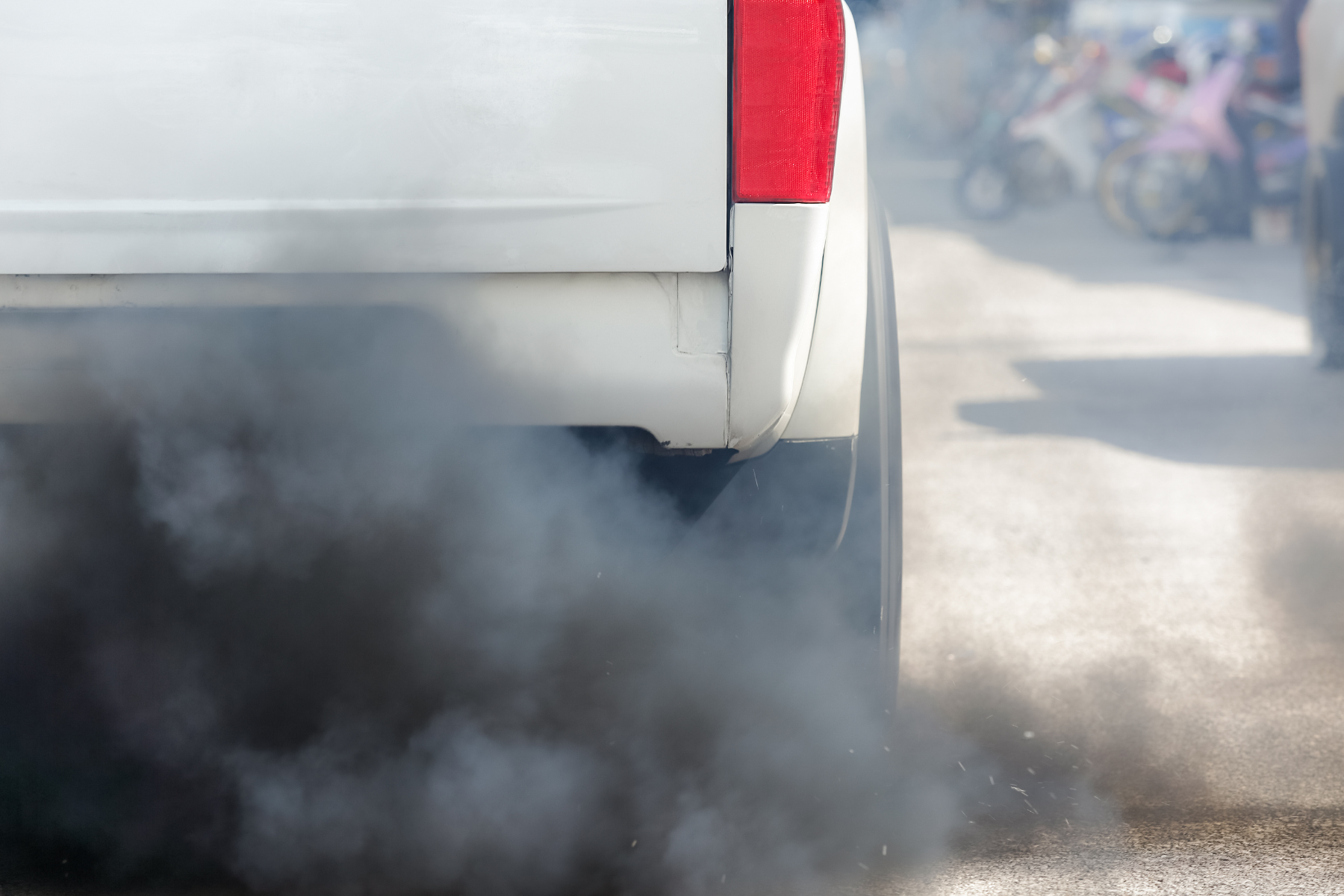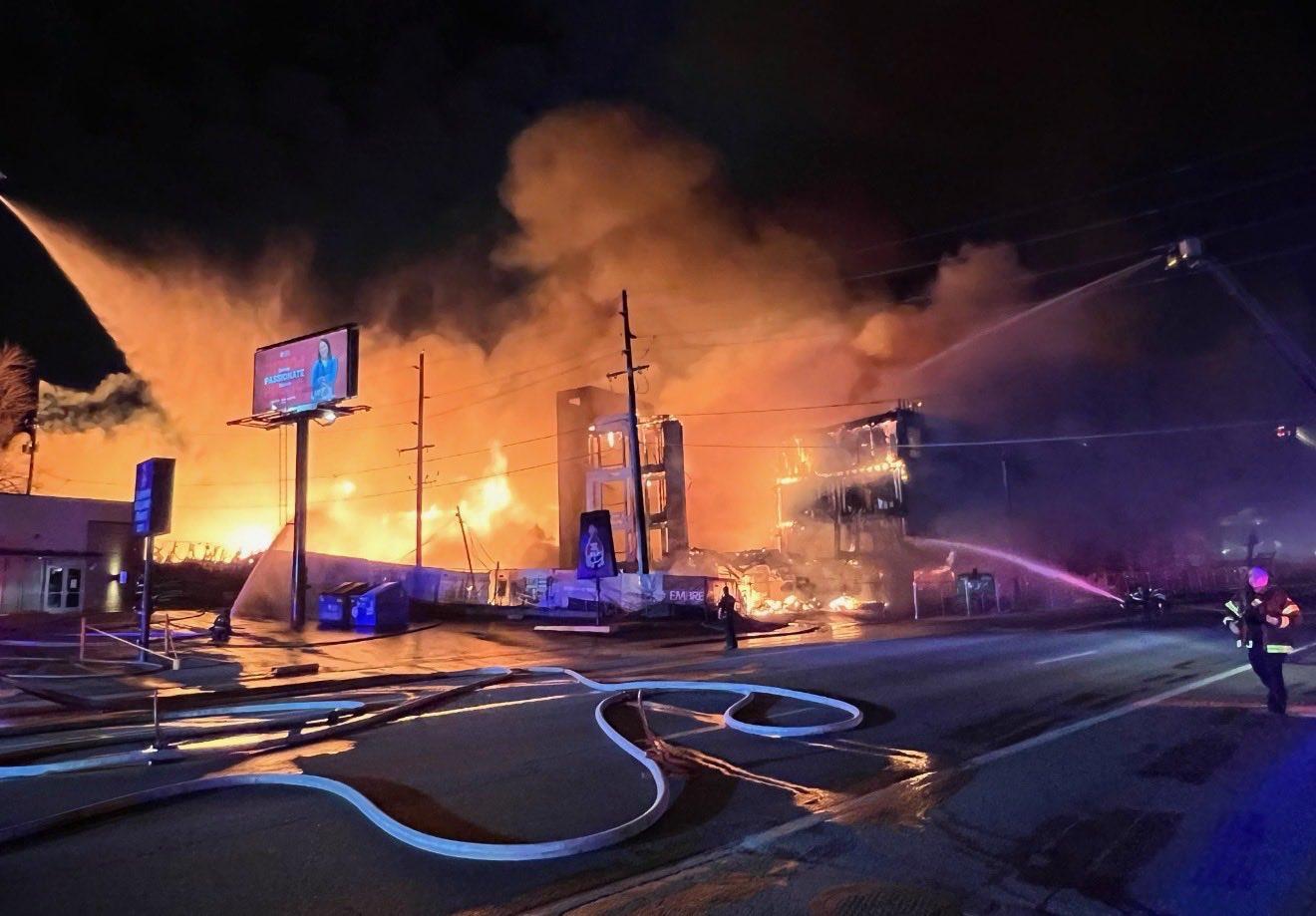
Our Colorado Wonders story on the low numbers of drivers being cited for rollin’ coal – 43 to be exact – infuriated the lawmaker who started the effort.
In a story that aired and published Aug. 19, former State Sen. Don Coram, one of the 2017’s law’s sponsors, said he is “pissed off” - and so were many of you.
Not only because people have deliberately belched black smoke from their cars, and little is being done about it, but because drivers around them seemed stuck. The top follow-up question to the story was: What can other drivers spotting rollin’ coal scofflaws in action do?
We went back to our sources to learn of a few steps you can take – once you rub the smoke out of your eyes – to report the belchers. Motorists can report other drives by calling a state hotline or by dialing the Colorado State Patrol’s hotline.
The Colorado Department of Public Health and Environment has a hotline set up for motorists to call when they see someone rollin’ coal. It’s called The Smoking Vehicle Hotline, something a few listeners wrote to let us know about.
Here’s how it works: a person seeing someone rollin’ coal can call the hotline at 303-692-3211. That number is answered by a recorded message that asks the caller to say and spell the license plate and to indicate if it’s a diesel-powered vehicle or not, if discernable. (The service only exists for vehicles with Colorado tags.)
The next step, according to the CDPHE’s website page about the hotline: “We will send a Smoking Vehicle Notification to the address for this vehicle's registration. Repairs to smoking vehicles are required if a vehicle fails a mandatory emissions test due to a visible smoke problem. The cause of such smoke must be corrected before the required emissions sticker can be issued.”
The CDPHE’s website also states that – separate and apart from the 2017 state law fining motorists $100 for rollin’ coal – there’s also a state and a federal law making it illegal to tamper with a vehicle’s emissions system. It states: “Tampering is defined as the disconnecting, deactivating, removing or rendering inoperable any emission control device or element of design installed or engineered by the manufacturer on your vehicle, and is prohibited pursuant to CRS 42-4-314.”
The $100 citation the 2017 law imposes isn’t for vehicles that have exhaust system problems, but for motorists who specifically go to a mechanic and have changes made to their engines and exhaust systems for the purpose of creating the black smoke.
One Colorado State Patrol trooper who has given tickets to several motorists said it is likely a machismo-related trend – one that some other reports estimated began 10 years ago and is popular among younger drivers, mostly those in trucks.
According to Colorado State Police Sgt. Patrick Rice, there’s another way to report drivers on the road doing something they shouldn’t – inclusive of, but not limited to, rollin’ coal.
“When in doubt, *CSP from any cell phone will get you through to someone who can help,” he said.
Hitting those letters is the same as dialing *277. This takes callers to the Colorado State Patrol Denver Regional Area Communications Center, which is like a non-emergency 911. Options are given to report a hazard on the road and to blow the whistle on an aggressive driver, too.
If using that method to report a driver rollin’ coal, Rice advised the following in an email: “Be prepared with knowing your location, a vehicle description and license plate number of the offending vehicle as well as a driver description if possible, and a last known direction of travel. Callers should never try and follow [the] vehicle they are making a complaint on.”
So there you have it: you don’t just have to sit there and be belched upon, dear readers. You, too, can be a part of the solution to puttin’ the brakes on rollin’ coal.







